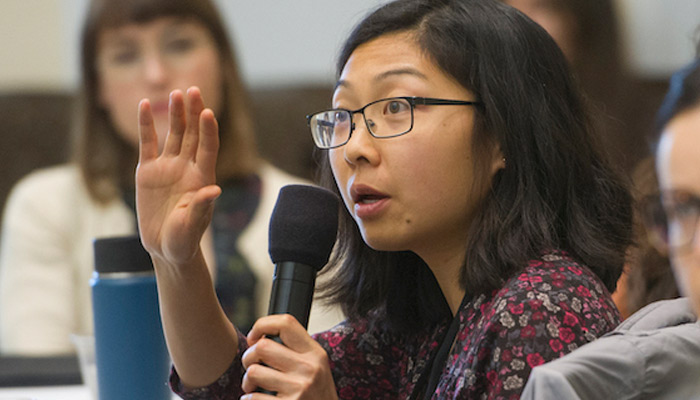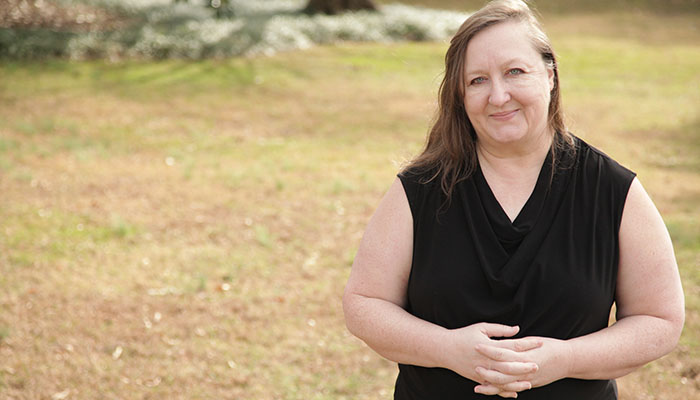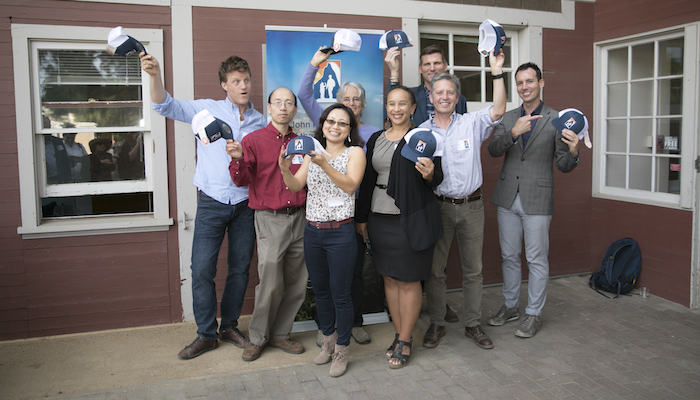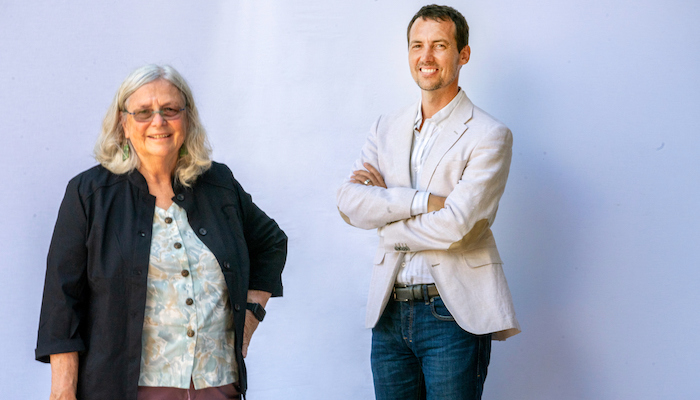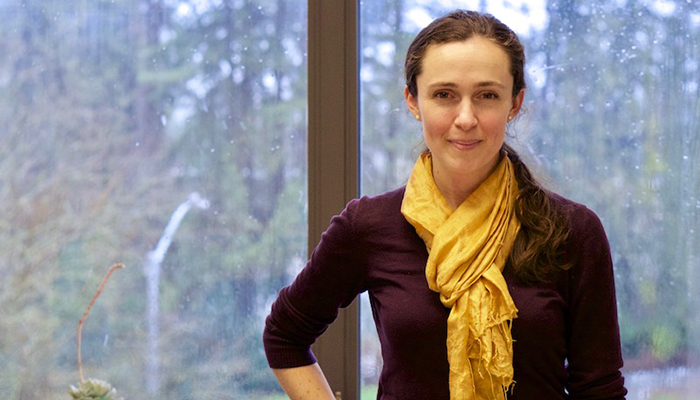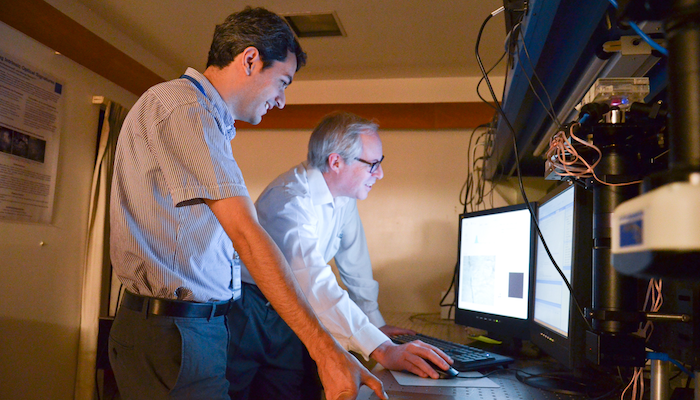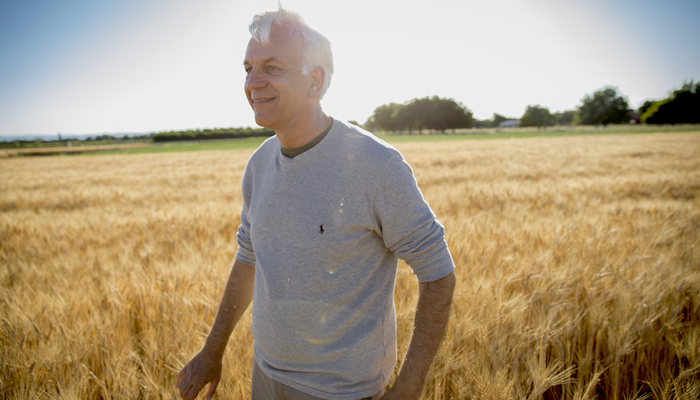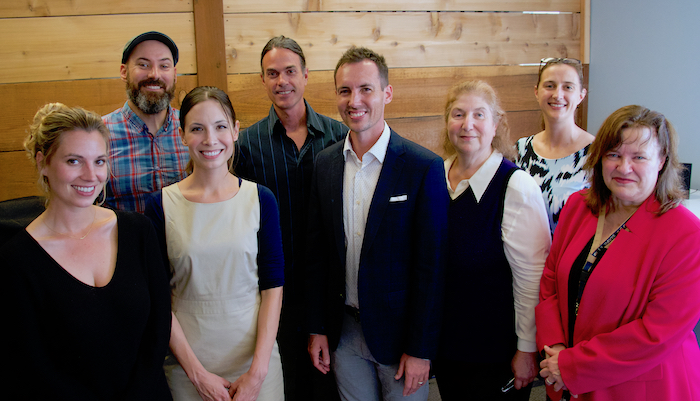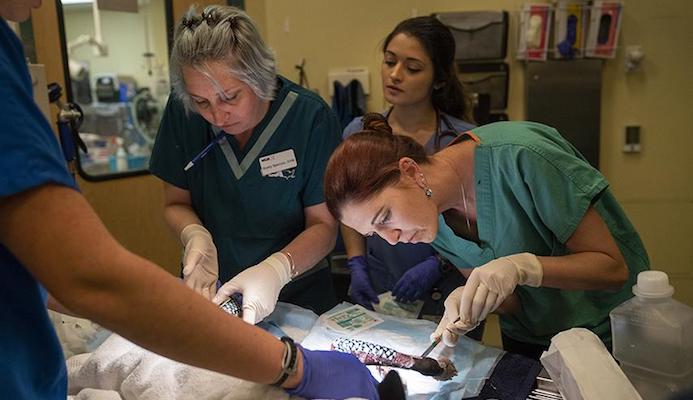Feminist Research Institute Looks to Bridge Gap between Humanistic and Scientific Sides of UC Davis
By Lisa Howard
In her opening remarks at the Feminist Research Institute symposium, “Feminist Research Across the Disciplines,” Interim Director Laura Grindstaff noted that feminist scholarship has had minimal impact on the STEM disciplines compared to social sciences and humanities.
“In STEM, there is increasing attention to the under-representation of women and people of color as researchers, but much less attention to paid to the ‘what’ and ‘how’ of research itself,” said Grindstaff. “Having a more diverse workforce is important, but that won’t necessarily or automatically change research priorities or the process of knowledge-production itself.”
The Feminist Research Institute (FRI, pronounced “free”) is a relatively young organization at UC Davis. The Special Research Program launched in late 2015 with a focus on research development and bridging the gap between the humanistic and scientific sides of campus.
The day-long symposium at the UC Davis Conference Center May 17 provided a chance for faculty, staff and students to explore how inequalities along lines of gender, race and class impact the very nature of research.
“Who produces knowledge matters. Identity, social background, and training all shape the kinds of questions researchers ask, the kinds of ‘data’ that count as evidence, and the range of possible interpretations of that data,” said Grindstaff.
Ken Burtis, interim provost and professor of genetics, described FRI as a unique academic asset at UC Davis. “There is nothing quite like FRI in the UC system,” said Burtis, who also noted that the institute supports UC Davis’ 2020 Initiative, a university-wide plan to build on the institution’s excellence, create a more diverse community of scholars and achieve financial stability.
Faculty teams who received FRI seed grants presented preliminary findings from their projects followed by presentations from graduate students who had received FRI summer fellowships. Topics ranged from the ethics of CRISPR/Cas-9 to the already significant impact of climate change on farmworker women in California’s Central Valley to the factors that go into which STEM majors are selected by women and underrepresented minorities in the College of Agriculture and Environmental Sciences.
[soliloquy id=”26926″]
Stacey Ritz, an associate professor in the Department of Pathology & Molecular Medicine at the Northern Ontario School of Medicine, was the keynote speaker. Ritz’s research includes integrating sex and gender into laboratory-based biomedical research.
The day ended with a panel discussion, “A Conversation Between Scientists and Humanists,” which featured faculty from various disciplines, including history, civil and environmental engineering, nursing, earth and planetary sciences and cinema and digital media.
“The symposium demonstrated the transformative potential of feminist research, and that UC Davis is ready to be a leader connecting feminist approaches to new research fields,” said Sarah McCullough, associate director of FRI. “We have an impressive list of established feminist scholars and a groundswell of enthusiasm from scholars new to feminist research. This event is just the beginning of our work.”
To learn more about FRI, visit the website, or sign up for the FRI newsletter to stay up to date on events and research funding opportunities.
Links
- Feminist Research Institute (FRI)
- 2017-2018 FRI Seed Grants
- 2015-2017 FRI Seed Grants
- Become a FRI Affiliate
Media Contact
Sarah McCullough, associate director, Feminist Research Institute, [email protected]
Latest News & Events

